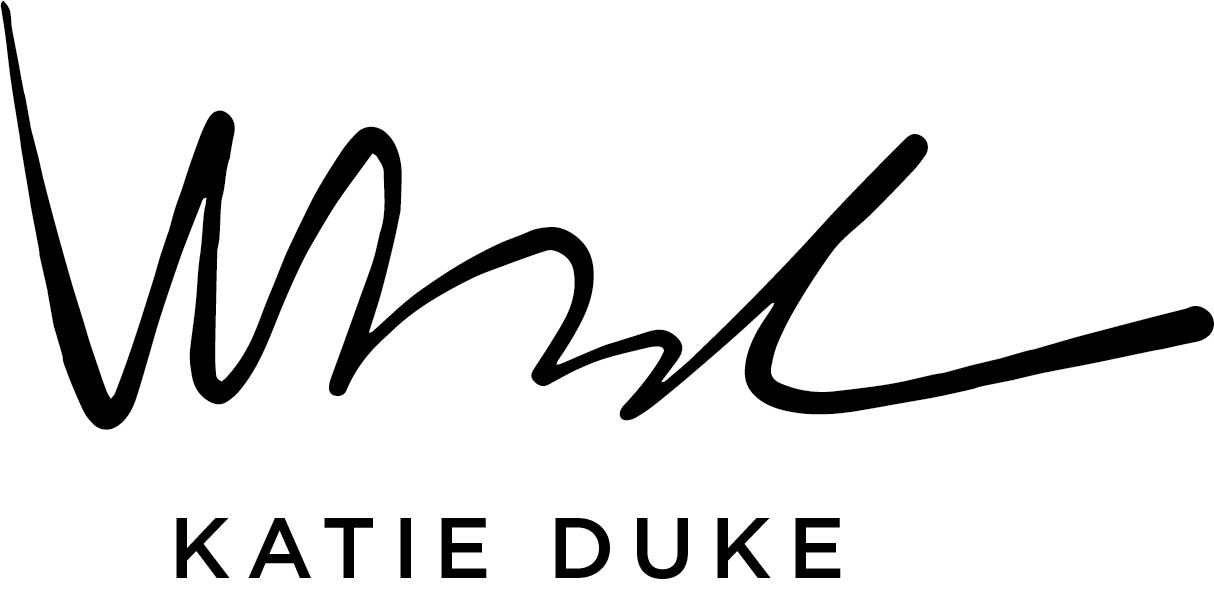Graduate School: The How and the Why
This is an excerpt from an interview with Scrubs Magazine. By Katie Duke.
You’re a major advocate for continued education. Who inspired you to further your own?
I have always been inspired by both of my parents, who have master’s degrees—my mom in nursing and my father in physics, and my sister Rebecca has an . I knew a few years back that I wanted to attain the highest level of education within my field because I wanted to make change, and we all know that knowledge is power.
Would you feel as though you were at a disadvantage in the field if you hadn’t continued your education?
Disadvantage? Other than self-limitation, I wouldn’t necessarily call it a disadvantage, as nurses are learning every day. However, continuing my education not only created professional growth options for me, but also changed my perspective as a provider. I have a more well-rounded approach to critical thinking and assessment and a deeper understanding of acute care.
Were you working full-time as a nurse while earning your master’s? Do you have any time-management tips for nurses who are juggling school and work?
I worked full-time during the didactic portion and then, when my clinicals started, it was two to three 12-hour shifts per week of clinical and two or three 12-hour shifts at work. Or two 12-hour shifts and an eight-hour shift. I wanted to enjoy the experience and get the most out of my clinicals without burning myself out, so I used a portion of my student loans during that final year to assist with bills and expenses. Keep in mind, too, that not every has clinicals – it depends on your specialty.
As for time management, it’s simple: Make a routine, find your place of study, understand and accept the fact that there will be sacrifices in your personal life, and remain focused. If you need to take out loans to get the most out of your grad school experience, then do so—your biggest investment is in yourself and your education. Try to bunch your shifts together and always take time each week to do something for yourself—workouts, a massage, lunch dates, wine and a movie. If you don’t balance reward with sacrifice, you will forget why you’re doing what you do.
Did you have the same fears, doubts or feelings of excitement about entering into a master’s program that you had when you first applied to nursing school to become an RN?
I think it’s natural to have fears—it’s part of being passionate about something. I was terrified my first time I had to present on morning rounds in front of three NPs and three MDs at Memorial Sloan Kettering Cancer Center (the number-one research institution in the universe), and I was terrified when I had to place my first arterial line in the ECMO MICU while on rotation.
I was nervous about every exam—I just KNEW that I bombed each one, and such was the case with every exam in nursing school. I had fears about learning my new practice from transitioning from a tech to a nurse, just as I have fears about being the provider in a primary role, like, “Oh, crap, I’m the one who has to WRITE the orders now!” But grace and stability come with experience, and we learn every day. Just jump in, ask questions, be proactive and swim.
With nursing school under your belt, did you approach your master’s degree with different study habits than when you were a nurse-in-the-making? Did you have new priorities or expectations?
Yes—I literally spent my days off in the library like it was my other full-time job. We had study groups, we had group chats and I reached out to my professors on a regular basis. I listened to every lecture on the school online portal.
As for new priorities and expectations, my priority in grad school was to engulf myself in the change of role and have the smoothest transition possible when learning the vast amount of new material.
What was the most difficult hurdle for you to overcome when earning your master’s? Was there a point at which you wanted to quit?
I never wanted to quit my program. I am only good at quitting diets. Did I get frustrated? Of course. Burned out? Yes—that’s life. You deal with it and move on.
The most difficult hurdle was just taking in the amount of information and transitioning into practice. Going from a bedside nurse to the provider is a big jump—you have to think differently, document differently, approach care differently. That was honestly the biggest hurdle, and I think this will continue to be the case until I have a few years of experience under my belt.
What’s your number-one pro tip for mastering the material?
Read. But don’t just read to memorize—read to understand. Be curious. Ask questions and investigate answers. Look up everything you don’t know. Be the one who has the current research in your back pocket or on your smartphone. Never stop learning, especially after your formal education is complete. You can “master the material,” but you will only truly become the master when you realize that education never stops.
